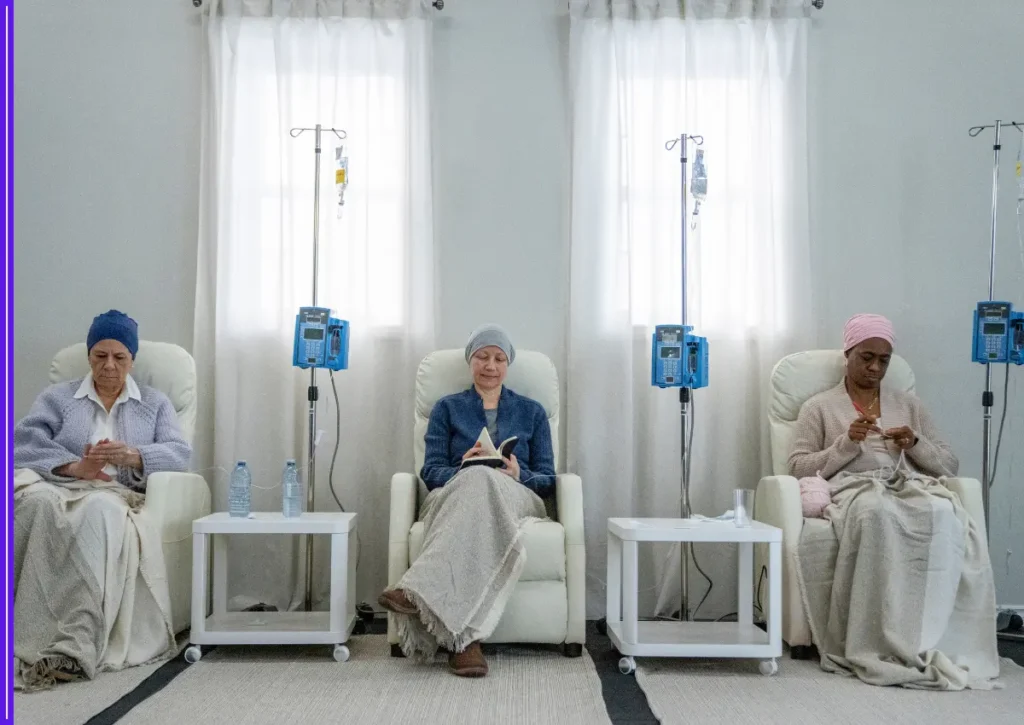Chicago, In what experts are calling a historic turning point in oncology, scientists have revealed new cancer treatments that may eliminate the need for chemotherapy in many cases. Announced at the 2025 American Society of Clinical Oncology (ASCO) conference in Chicago, the findings spotlight two key advancements: the power of immunotherapy and the unexpected role of exercise in cancer treatment.

In a major study led by Canadian researchers, nearly 900 colon cancer survivors followed a personalized exercise regimen tailored to their individual health profiles. The results were groundbreaking: patients who adhered to the exercise protocol saw a 7% improvement in survival—surpassing the 5% improvement typically associated with chemotherapy. For the first time, structured physical activity was shown to perform better than a leading chemo drug, without the harsh side effects.
“This is not just about lifestyle anymore. Exercise is now a proven medical intervention,” said Dr. Chris Booth, lead researcher of the trial. The audience of more than 40,000 cancer professionals at ASCO responded with a standing ovation.
In another groundbreaking study published in the New England Journal of Medicine, a new wave of immunotherapy treatments demonstrated astonishing results. In clinical trials involving patients with mismatch repair-deficient (dMMR) cancers—such as rectal, endometrial, stomach, and prostate cancers—doctors used the checkpoint inhibitor dostarlimab as the sole treatment. Remarkably, 100% of rectal cancer patients achieved complete remission without chemotherapy, surgery, or radiation. Among other dMMR cancer patients, 61% saw their tumors disappear entirely, with 92% remaining cancer-free after two years.
“These results are nothing short of revolutionary,” said Dr. Andrea Cercek, the trial’s co-leader. “We’re preserving organs, fertility, and most importantly, quality of life.”
The implications of these studies are vast. For decades, chemotherapy has been the backbone of cancer treatment, often associated with debilitating side effects such as hair loss, nausea, fatigue, and long-term organ damage. These new alternatives—exercise and immunotherapy—offer less invasive, more targeted approaches that could reshape cancer care in the coming years.
While experts caution that these treatments are most effective for specific cancer types and genetic profiles, broader trials are already underway. If successful, they could signal a future where many patients never have to undergo chemotherapy at all.
“This is a new era in cancer treatment,” said Dr. Monica Bertagnolli, Director of the U.S. National Cancer Institute. “We’re moving from one-size-fits-all care to personalized, patient-friendly therapies.”
As the medical community continues to digest these findings, patients and families around the world are hopeful: the war against cancer is far from over, but the battlefield is changing—and for many, chemotherapy may no longer be the only weapon.









